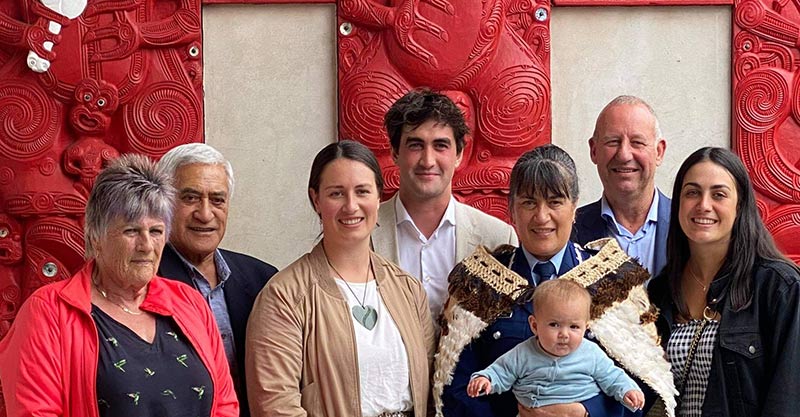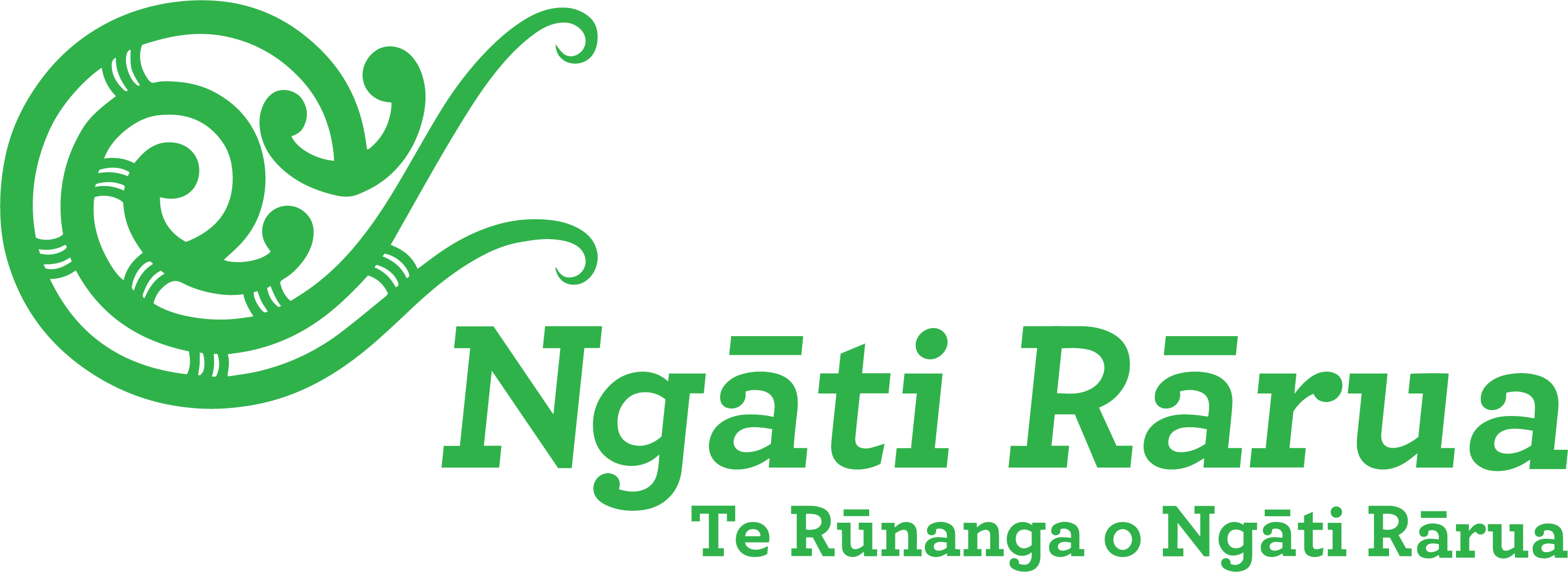Historic role a surprise and a privilege
Tania Kura has been appointed a Deputy Commissioner in the New Zealand Police – making history as the first female sworn officer to achieve that rank.

Changing culture at NZ Police – a Ngāti Rārua connection
“I’m more surprised than anybody that I’m here.”
That’s the reaction of Tania Kura to recent news that she had been appointed a Deputy Commissioner in the New Zealand Police – the first female sworn officer to achieve that rank.
“When the Commissioner rang me it was a Friday. I said to him – do you want to take the weekend to think about it?”
He said “No. We’re sure.”
Although she applied for the role, getting it was still a surprise. Tania says she feels humbled and privileged to be in the position.
“It wasn’t something in my pathway – if you asked me when I started or five years ago, or even a year ago, I wouldn’t have expected to be here. I’ve jumped a rank – I was a District Commander. Usually you would go to Assistant Commissioner, then to Deputy Commissioner.”
But Tania, who has Ngāti Rarua, Ngāti Te Kanawa and Ngāti Maniapoto whakapapa, says the real attraction for her was the role and the opportunities that come with it, not the rank.
“The commissioner has established a new role under the title Leadership and Capability. For me it’s about setting the tone and the culture of the way we police and our organisation. I am mindful that the way we treat our own people internally, will be the way we act externally when we deal with our communities. Both must be respectful. ”
A long career and experiences in the police means Tania has seen the good and the bad on both sides of the thin blue line.
“When people talk about the good old days, and I always say to them they weren’t so good for me back in 1987, that can be a surprise to some.”
“I have lived experience of some of the negative components of policing culture over the years. I joined in 1987 and there is a considerable positive difference to what we have in 2021. That doesn’t mean there isn’t room for improvement. In fact our aspiration to be better is higher now than it’s ever been.”
“I feel the responsibility for providing a good platform for those who are coming into policing. I don’t want people to feel that they have been lucky to get a great leader. It should be guaranteed and set you up for the right experience. We’ve got to get that right internally so we can offer our best externally when we interact with others.”
The end goal is that we police in a respectful and compassionate way, essentially bringing humanity to every interaction so we can achieve better outcomes with our community, she says.
“Commissioner Coster has stepped things up. He’s saying he wants to see care, kindness and humanity in every interaction. We have to model that for our staff. And if we don’t do it for people inside the organisation, how can we reasonably expect them to do that for people outside. When we’re interacting with people we keep their mana intact – that’s a key principle.”
It takes time to change a culture, but it is absolutely worth doing, she said.
“Good relationships do make a difference. The police and agencies might be a part of a crisis situation but whānau are often at the centre and need to be heard.”
“NZ Police is a big ship to turn. We have systems and processes that need to be modernised with a view to the future, we need to do that together with other government agencies. Importantly, we need the voice of the communities as well. Unless we’re all working together and collaborating with trust and understanding, we will miss the opportunities.”
Tania is a few steps up the corporate ladder now, but says she doesn’t have to look far for motivation to keep going.
“There are many fantastic people working in policing – I feel really privileged to be around those people. I’ve been involved with a couple of recent graduation events from police recruit wings and I am very impressed with the calibre and potential of the new people. I want to provide a working environment that positively influences them, so they can thrive, be their best and deliver great service for our community.”
Tikanga helping create positive change
Increasing understanding of tikanga Māori is helping change policing for the better, she says.
“I’ve got a document in front of me which is about the transformation of our policing culture and changing the way we do things. The first word on it is Kaitiakitanga. Back in the day we’d have never thought or talked about that – but the notion appeals to what we are trying to achieve.
“The next concept uses manaakitanga to speak to our behaviour. Then under mindset we have, aroha ki te tangata. I’d guess most people would be surprised to know that policing admires these ideas and aspires to have a workforce that displays these traits. It’s huge progress.”
For now, turning progress into standard procedure is where Tania will focus her mahi.
“I’ve got to make the best of it now and it’s definitely my time to stand at the stern of the waka.
"E tū ki te kei o te waka, kia pakia koe e ngā ngaru o te wa"*.
(*NZ Police whakataukī)





